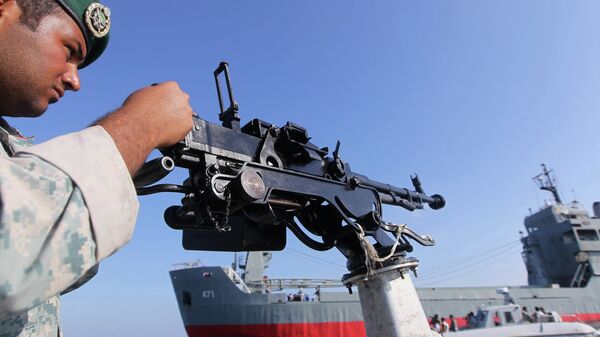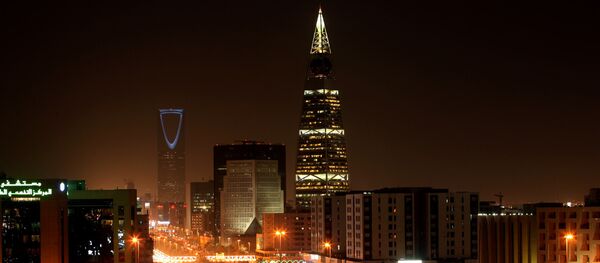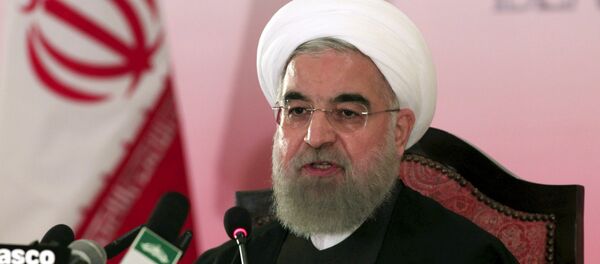The United States has long been an ally of Saudi Arabia, backing the royal family in a number of arenas, including the conflict in Syria and the civil war in Yemen. The US also subsidizes the defense budgets of both Egypt and Israel.
But the historic Iran nuclear deal means that Washington is also becoming closer to Tehran, Riyadh’s chief rival in the region. The unfreezing of Iranian assets, the interest on those assets, and money paid to settle other legal claims, also means that the US will soon be contributing to Iran’s military.
In January, the US Treasury transferred $1.7 billion to Iran’s Central Bank, as part of the deal. Last month, the Iranian government transferred that money to its military.
"Article 22 of the budget for 2017 says the Central Bank is required to give the money from the legal settlement of Iran’s pre- and post-revolutionary arms sales of up to $1.7 billion to the defense budget," Saeed Ghasseminejad, associate fellow at the Foundation for Defense of Democracies, wrote in an article for the organization’s website.
While much of the money transferred from the US to Iran was frozen assets that belonged to the Iranian government to begin with, the $1.7 billion in question was not.
According to a letter from the US State Department to Representative Mike Pompeo (R-KS) $400 million of that sum came from the Judgement Fund, something described as "a source of funding to pay judgements and claims against the United States when there is no other source of funding."
The remaining $1.3 billion is interest on that $400 million, accrued over the past 36 years and paid for by the American taxpayer.
"The fact that US taxpayers appear to be funding Iran’s military is outrageous," Pompeo said to Bloomberg News.
The Iran nuclear deal reached by Tehran and six international mediators — Russia, China, the United States, the United Kingdom, France and Germany — guarantees the peaceful nature of Iran's nuclear program, in exchange for the gradual termination of anti-Iran sanctions originally imposed over fears that Iran was developing nuclear weapon. The lifting of sanctions allowed Iranian oil producers to reenter the global market.




